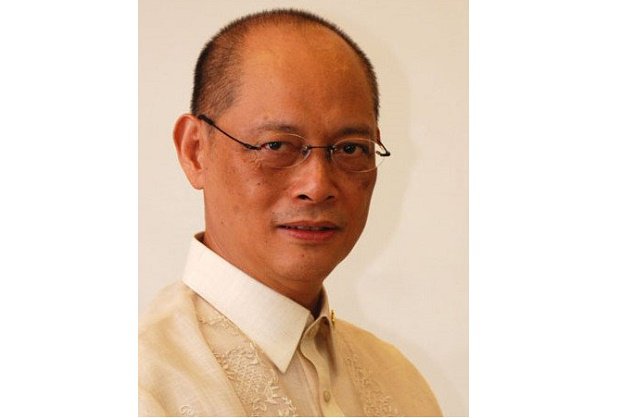DAVAO CITY — Incoming Budget chief Benjamin E. Diokno on Monday said the Duterte administration will buy some more time to review the proposed 2017 national budget but maintained that there will be no reenacted budget in the next six years.
On the sidelines of the “Sulong Pilipinas: Hakbang Tungo sa Kaunlaran” consultative workshop between President-elect Rodrigo R. Duterte’s economic managers and businessmen, Diokno said he had proposed a bit of delay in the submission of the proposed general appropriations act for next year.
“The traditional way is to submit the proposed budget right after the SONA [the President’s state of the nation address], but the Constitution says the President has 30 days after the SONA. We will use about three weeks or 15 days after the SONA,” Diokno explained.
“We have enough time to review the budget to make sure that the 2017 budget is President Duterte’s budget,” Diokno added.
The incoming Budget chief said they will have “a lot of things” to look at, including a review of the composition of the bottom-up budgeting or BUB program, although the total 2017 budget would likely remain at the proposed amount of P3.3 trillion.
The Duterte administration will be able to pass the annual budgets on time or ahead of the implementation year, Diokno said, citing that the incoming President will control a “super-majority” in both houses of Congress.
“The [following year’s] budget should be approved before Dec. 31… Unlike in the term of [former President Gloria] Arroyo, in three of the nine years, she inherited a reenacted budget. That will not happen under President Duterte,” Diokno said.
According to Diokno, the annual budgets in the next six years will prioritize agriculture and infrastructure development, as the incoming government plans to ramp up the share of infrastructure spending to the economy to 5-6 percent or about P800 billion to P1 trillion.
